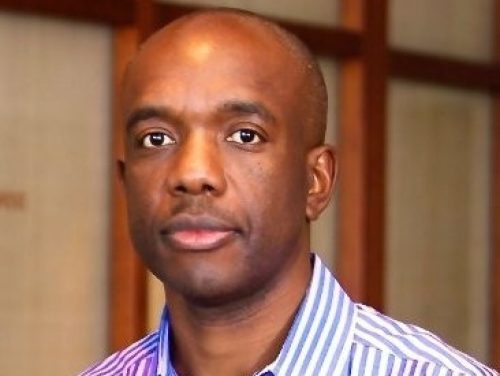At Google's annual developer conference in May 2023, James Manyika, the company's new head of "tech and society," addressed the drawbacks of AI. Speaking to a large audience, he highlighted issues like misleading images and how AI can inadvertently reflect society's biases. Manyika emphasized the need for a responsible approach to AI development while acknowledging the immense potential it holds.
Google, a company that once famously adopted the motto "don't be evil," has now embraced a new mantra for the AI era: "bold and responsible." This shift reflects a broader trend in Silicon Valley, where tech leaders are rushing to develop powerful AI technologies while simultaneously advocating for government regulation and oversight.
Critics, however, point out that tech giants like Google often release AI products swiftly without adequate oversight, leading to harmful consequences. OpenAI's ChatGPT has faced criticism for spreading false information, while realistic AI-generated images have raised concerns about child exploitation. Even Google's own AI chatbot, Bard, has been accused of promoting dangerous practices like extreme diets and smoking.
Google's AI reputation took a hit in 2020 when it terminated renowned AI ethics researcher Timnit Gebru after she published a study highlighting biases in AI training data. Despite these challenges, Manyika remains confident in Google's ability to be a responsible steward of AI technology.
Manyika, a Zimbabwean-born AI expert with a background in technology policy, has become Google's AI ambassador. He firmly believes that AI can be a transformative force for humanity, even as he acknowledges the potential risks. His upbringing in segregated Zimbabwe, where he witnessed discrimination, has made him acutely aware of the importance of responsible AI development.
Google's "bold and responsible" approach to AI development has become a central theme in the company's messaging. Manyika and a select group of executives, including Google's Chief Scientist Jeff Dean and Demis Hassabis, head of DeepMind, have championed this approach. Manyika insists that it's crucial to embrace the tension between boldness and responsibility, stating that the only way to be truly bold in the long term is to start responsibly.
Despite intense competition in the AI space, Google remains a leader, with its AI innovations making significant contributions to fields like image recognition, translation, and medicine. However, the company has faced setbacks, including the loss of key AI researchers and ethical controversies surrounding AI development.
Manyika, who now oversees Google's AI initiatives, emphasizes that the company only releases products when they are thoroughly tested and ready. In his view, it means pushing the limits to create useful solutions while prioritizing responsibility.
As AI continues to advance, Google's AI ambassador, James Manyika, walks a fine line between embracing the potential of AI and acknowledging the need for responsible development. In a rapidly evolving tech landscape, Google's commitment to being "bold and responsible" in the AI era remains a critical focus.
























